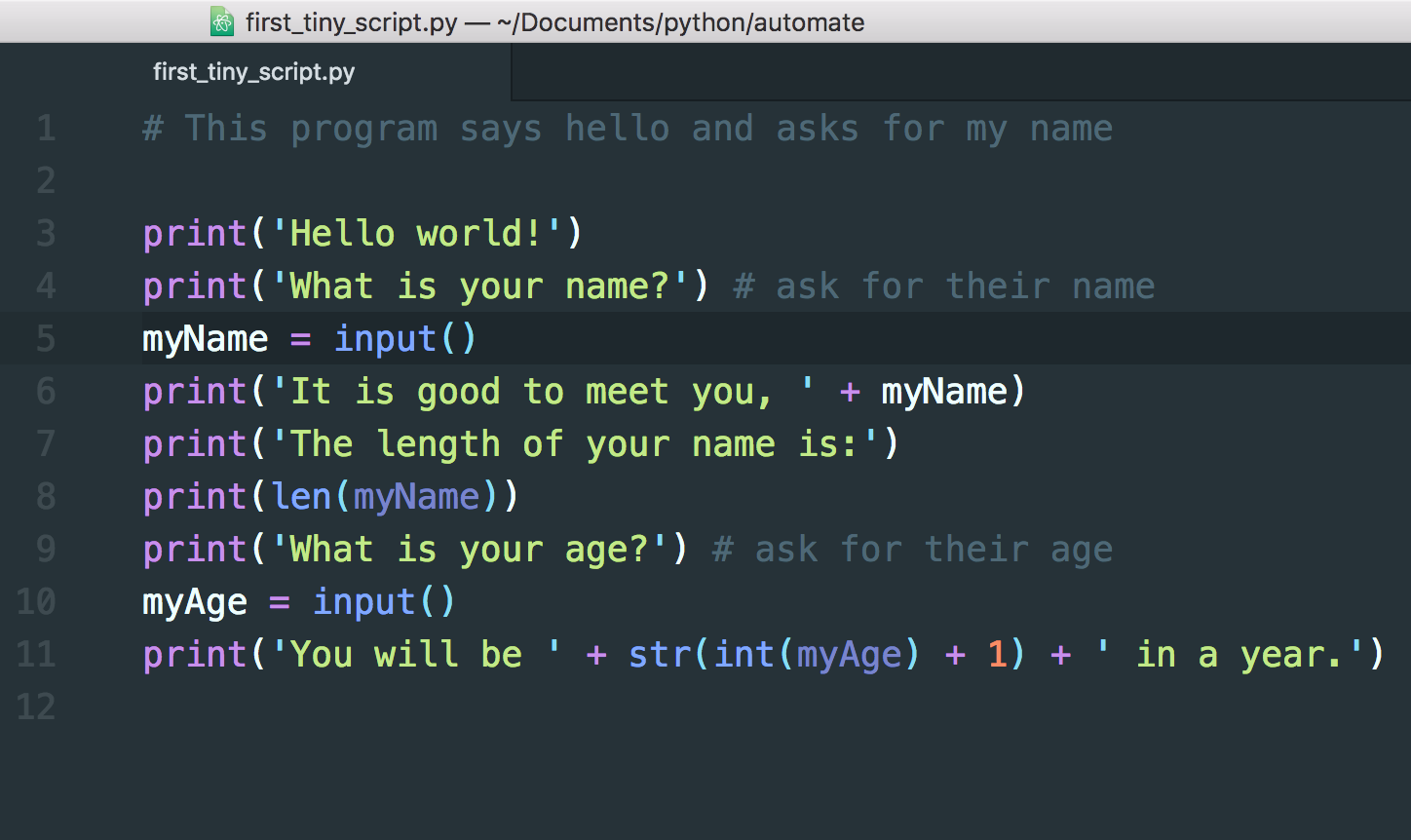Once you are comfortable with the fundamentals of Python, it’s time to explore the features that can make your code more powerful, efficient, and professional. By learning how to level up with advanced Python programming concepts, you can write cleaner and more sophisticated code. This guide will introduce you to three of these powerful features: decorators, generators, and type hints.
Table of Contents
Decorators to Modify Functions
Decorators are a powerful feature in Python that allow you to modify or enhance the behavior of a function without permanently changing its source code. A decorator is essentially a function that takes another function as an argument and returns a new, modified function. This is often used to add cross-cutting concerns like logging, timing, or authentication. For example, you can write a simple timing decorator that you can place above any function to automatically measure and print how long that function took to execute.
⚡ How to Use Generators for Memory-Efficient Code
When you’re working with very large datasets, loading everything into memory at once using a list can be inefficient or even impossible. This is where generators come in. A generator is a special type of iterator that produces values one at a time, on the fly, instead of storing them all in memory. You create a generator by defining a function that uses the `yield` keyword. This approach is incredibly memory-efficient and is the standard way to handle large files or infinite sequences in Python.
✍️ Improving Code Clarity with Type Hints
Python is a dynamically typed language, which means you don’t have to declare the data type of a variable. While this offers flexibility, it can sometimes make code harder to understand and debug in large projects. To address this, Python introduced type hints. Type hints allow you to optionally annotate your functions with the expected types of their arguments and their return value (e.g., `def greet(name: str) -> str:`). This doesn’t change how the code runs, but it vastly improves readability and allows static analysis tools like `mypy` to catch potential type-related bugs before you even run your program.
—
Tadese, Girmay. Code Smart with Python Programming Language. Venus Online Software Training, 2024.
More Topics
- How to Showcase Your Python Skills with Mini-Projects
- How to Use Python for Cybersecurity Tasks
- How to Use Python for Data Science and Machine Learning
- How to Organize Your Code with Python Functions and Modules
- How to Work with Files in Python
- How to Use Python’s Core Data Structures
- How to Get Started with Object-Oriented Programming (OOP) in Python

